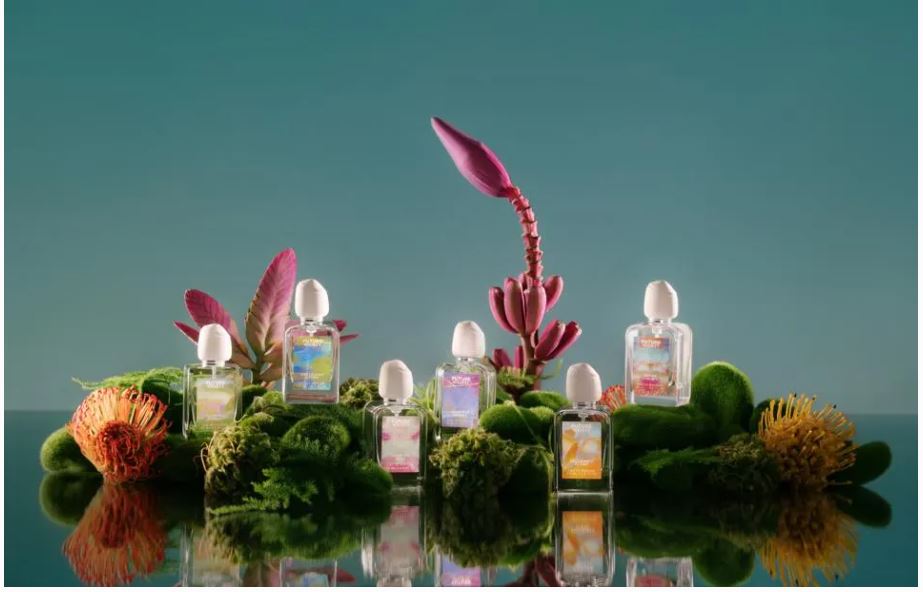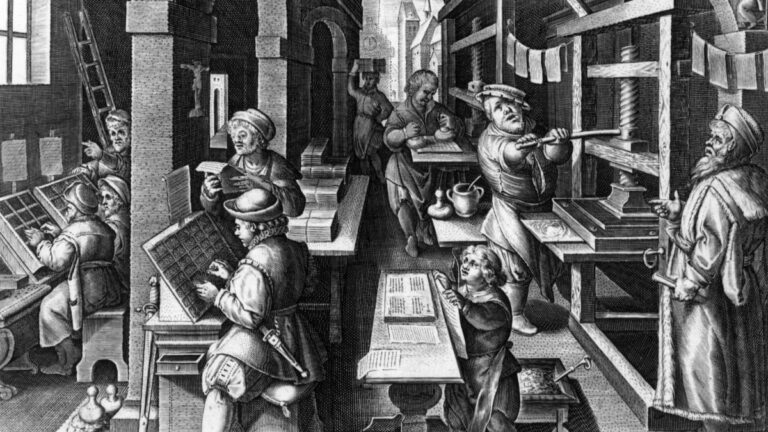
Perfume is more than just a luxury product; it is a timeless art that blends the scientific and the emotional–an effective means of self-expression. For centuries, scents have captured moments, told stories, and evoked memories. The use of perfume has permeated human culture, from the fragrant rituals of Cleopatra to the renowned allure of Chanel No. 5. As civilization marched on, so did the industry of scents. Today, a mix of sustainability, technological advancement, and personalization meets our idea of perfumes. These new trends are not about innovation only; they are about corresponding to values and lifestyles of modern consumers.
Sustainability: Where Luxury Meets Responsibility
The industry is currently in the process of reformation as the perfume industry takes a course toward sustainability. Natural ingredients include sandalwood, rose, and musk because they produce rich, authentic odors. However, extracting these resources has invited major environmental and ethical concerns. For example, over-harvesting of sandalwood places this resource in jeopardy of not being available to future generations. Musk similarly has a very controversial history, extracted from male musk deers-a practice that is generally prohibited nowadays.
Owing to all these issues, modern perfumers ever more seek the assistance of synthetic variants and biotechnology. Synthetic musk, via advanced chemical engineering, communicates the scent of natural musk with no harm to animals. Biotechnology also replicates odors like jasmine, vanilla, and patchouli in test tubes and reduces reliance on traditional methods of cultivation and hence no ecological damage is caused in that respect.
Beyond ingredients, brands adopt environmental sustainability in packaging: minimalistic design, refillable bottles, and biodegradable materials replace excessive packaging wastage. These moves strongly appeal to ecologically conscious consumers, branding perfumes as scents of ethical luxury.
Technology: Re-fashioning the Art of Fragrance
Like most other industries, the world of perfumery has been changing with the digital era. Technology is just redeveloping every aspect of the fragrance business-from creation to customer engagement. Artificial intelligence is an incredible invention that builds the capacity of brands in considering a huge amount of information on consumer preferences, cultural trends, and even psychosensory analysis. This information-driven methodology allows perfume creators to concoct fragrances with specific targets in mind, either demographically or on an individual level, eliminating a huge part of guesswork while encouraging creativity.
AI has also optimized the more traditional process of trial and error in perfume making. Algorithms can predict successful combinations of fragrance molecules, shaving off precious time and costs from creating new perfumes. Companies like Symrise and IBM have already tapped into AI in creating market-ready fragrances with a high degree of precision and speed.
Technology makes brand experiences even more dynamic and interactive for the consumer. Virtual reality applications transport consumers into the world of ingredients and stories that make up a fragrance, while smart scenting devices let users test combinations in their own homes. These innovations thereby bridge the gap between digital and physical worlds and enhance the personalization and pleasures of perfume buying.
Personalisation: A Fragrance That’s Truly Yours
Living in the modern world, individuality is crucial, and personalization has become one of the main trends in the perfume industry. Today, people want a smell that will speak for them with their unique personality, life, and emotions-not some abstract commodities.
Many businesses have now come up offering bespoke fragrance kits to meet this demand. With such kits, anyone can create their personalized fragrance by fusing carefully selected sets of essential oils and fragrance molecules. Going up the scale, luxury perfumery escalates one step further by offering bespoke services whereby professional perfumers formulate scents based on a client’s tastes, skin chemistry, and even memory.
This trend is further overcome with the development of technology. Some companies create perfumes adjusting to the chemistry of a person through biometric information, including body temperature or skin pH. Others experiment with scents that shift and change in response to different activities or moods that occur throughout the day. These developments make the wearing of a scent a vibrant act of extending identity.
Niche Brands: The Rise of Artisanal Perfumery
Although the industry is dominated by a select group of high-end brands, independent and niche perfumers are commanding more attention. These brands offer distinctive, unique fragrances that often forgo convention in favor of artistry and inventiveness over mass appeal.
Many niche perfumes begin by finding their inspiration in very improbable places, historical happenings, or highly personal stories. They appeal to a consumer who is in search of an alternative to popular perfumes, emphasizing high quality and uniqueness. This trend reflects a more general desire for authenticity and connection with the products we buy.
While exciting, new trends within the art of perfumery bring with them a great deal of new challenges. Generally speaking, sustainable ingredients and bespoke services correspond to higher production costs, possibly pricing such products out of the average customer’s reach. On the other hand, innovation within scent development may be complemented by aggressive pricing and distribution tactics that bridge the gap.
While technology is revolutionary, it also brings some sort of risk along with it. If the artificial intelligence and data-driven techniques become too overwhelming, then the very base of perfumery, being an art-a domain both artistic and emotive-will be at risk. In one word, the balance between innovation and tradition will determine the future of the sector.
Yet amidst the challenges, there is a plethora of opportunities. The fragrance industry can remake itself anew for this new era since customers give more emphasis on individuality, integrating technology, and ethical standards. It will be in this noisy market where brands will be noticed based on how successfully they can meld innovation and sustainability with creativity.
The perfumery industry reflects the general changes in society: a personal approach corresponds to an emphasis on individuality and self-expression, sustainability is part of a global trend for environment-friendly policies, and the use of technology in perfumery characterizes a very peaceful coexistence of tradition and innovation, confirming the growing interrelatedness between art and science.
Today, the role of a perfume isn’t just to smell good; it’s to make statements. They create experiences, they tell stories, and they symbolize values. And as the industry is expected to develop even more, it will spill over from fashion and beauty into technology and sustainability.
The industry of perfumery stands at a crossroads between centuries of history and the most innovative resource. Innovation, technology, and sustainability will revolutionize not only the way perfumes will be created and marketed but also their placement in daily life. This speaks to a world that prizes high ethical standards and diversity-in fact, aspires to a closer connection to the products we use.
The industry, in development, has the potential to inspire and innovate well beyond fragrance. Mixing art, science, and responsibility, the future of perfumery will be equally compelling and complex as the scents it will create. In this new era, scent is more than just a luxury; it reflects who we are and who we want to be.
Write and Win: Participate in Creative writing Contest & International Essay Contest and win fabulous prizes.


